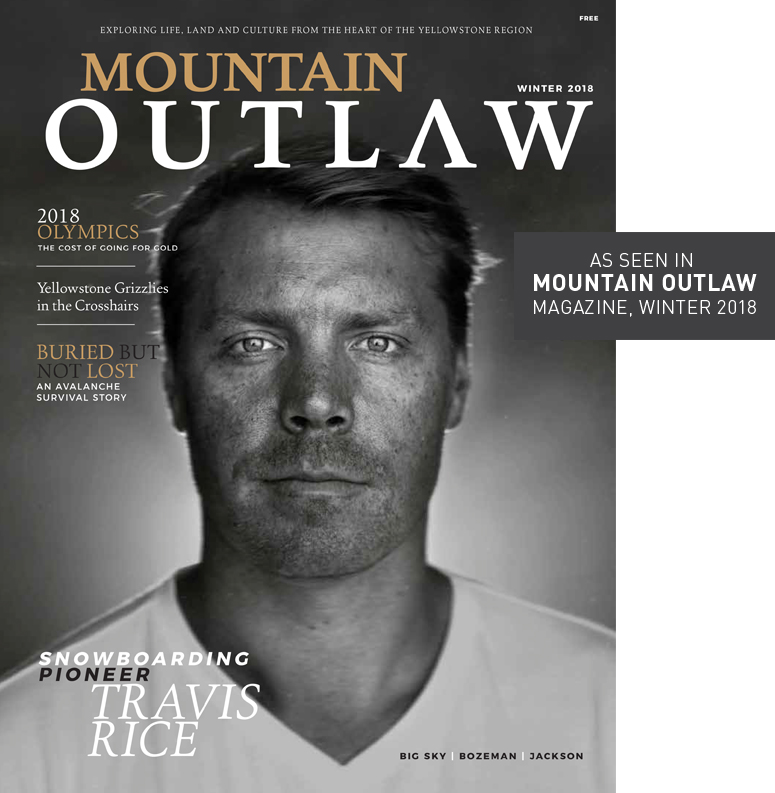Do you look like your dog? Science might surprise you.
BY JESSIANNE WRIGHT
According to experts, many people actually do share physical characteristics with their dogs, whether it’s long, flowing locks and a slender silhouette, or an upturned nose and a few extra skin rolls around the neck.
Popular media has been playing on this for years. Take the early scene in Disney’s 1961 film One Hundred and One Dalmatians when a number of women are pictured walking their doppelgänger dogs. Or consider Jason Segal’s character Sidney Fife commenting in the movie I Love You, Man: He points to a fluffy- haired woman walking a poodle, saying, “I call them bowsers. It’s my nickname for people who look just like their dog.”
Beyond the often-humorous illustrations and pairings made in the media, there is scientific data to support the claim that dog owners resemble their pets.
“I do not think it suggests narcissism in any clinical sense, but more generally, we do like what is familiar, and things that are like us, then, have a head start on that dimension.”
In 2004, psychologists Michael Roy and Nicholas Christenfeld put the question to the test after psychologist Stanley Coren conducted a similar study in 1999. Both findings suggest there is some truth to the resemblance claim.
Building on Coren’s work, which suggested that women with long hair tend to prefer dogs with floppy ears, Roy and Christenfeld asked independent observers to try to match dogs with their owners solely based on their photographs.
“Either way you did it, people were able to put owner and dog together,” Roy said in a recent phone interview from his office at Elizabethtown College in Pennsylvania. That said, it turns out the resemblances are nuanced. According to Roy, the research indicates that dogs most resemble their owners when the dog is purebred, not mixed.
“If you look at purebreds, they are much more predictable,” Roy said. It’s easier to know what puppies will look like when they’re older, and you can also predict their behavior and size, he said.
Similar studies have been replicated in Japan, England and Venezuela, garnering comparable results, although researchers still can’t say scientifically if you look like other pets, such as your cat or goldfish.
While researchers can confidently say there is truth to the claim that dogs and their owners tend to look alike, they’re still unpacking the mechanisms that underlie it.
One theory is that dogs and owners begin to resemble one another over time. After all, there’s evidence this is true of married couples. Have you noticed you’re beginning to look a bit more, well, hairy?
Roy and Christenfeld say their research, at least, does not appear to validate this theory, as there was no relation to the ability to match owners with their dogs and the pairs’ length of time living together. Instead, both psychologists believe there are two other mechanisms that could be at work when a person gets a dog.
Roy said people might select a dog based on temperament, which coincidently means they may share traits. A runner might select an athletic dog and find she shares traits with the new companion, such as being lean and muscular, for example.
Christenfeld, who is a professor of psychology at the University of California, San Diego, reiterated this idea. “If I like snuggling and watching Netflix, I’ll get a dog who likes to snuggle.”
Both psychologists think there’s a subconscious process at work, too. When owners pick a pet, or at least a dog, they seek one that in some way resembles them because people tend to prefer the familiar.
“I do not think it suggests narcissism in any clinical sense, but more generally, we do like what is familiar, and things that are like us, then, have a head start on that dimension,” Christenfeld said.
“To some extent pets are capitalizing on our parental urges,” he explained, referring to kinderschema, or the resemblance pets have with human infants with those large eyes, an oval face and extra skin. “We want to care for small creatures—basically pets can step into that space. … So a pet takes double advantage. It takes advantage of our parental urges and it reminds you of you.
“I suspect the resemblance is what touches your heart,” he added. “Pets are a remarkably big deal to people.”
So, if you’ve got a pooch at home, take a closer look. Are you a bowser?
A freelance writer and Bozeman native, Jessianne Wright enjoys telling the stories of the West. In the last year, her reporting work has allowed her to fly a plane, watch an eagle come to life from sheets of flat steel, and breathe the life of a cannery’s timber beams that are more than 100 years old.

